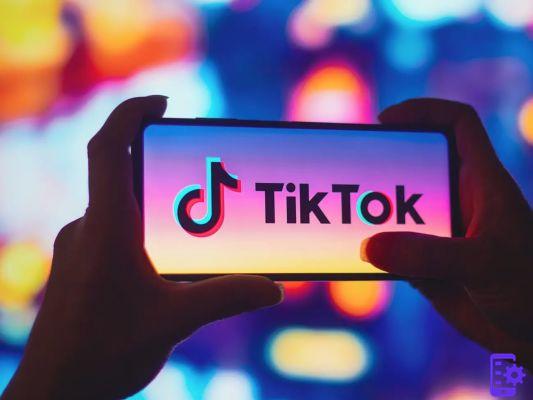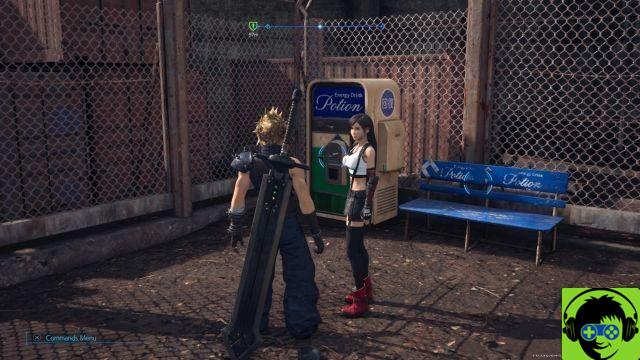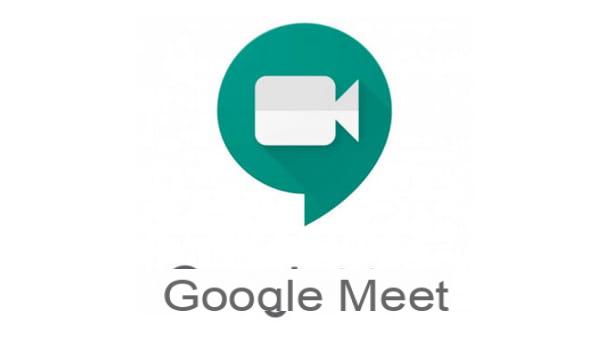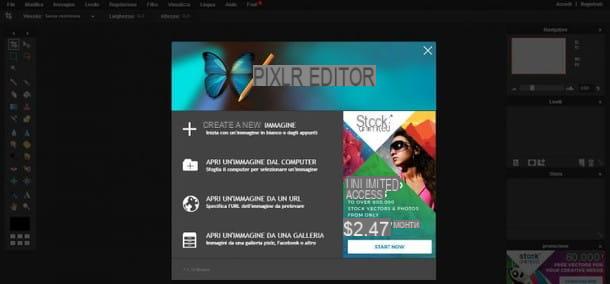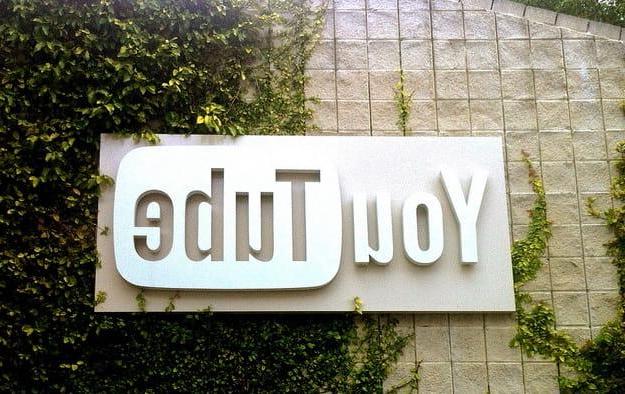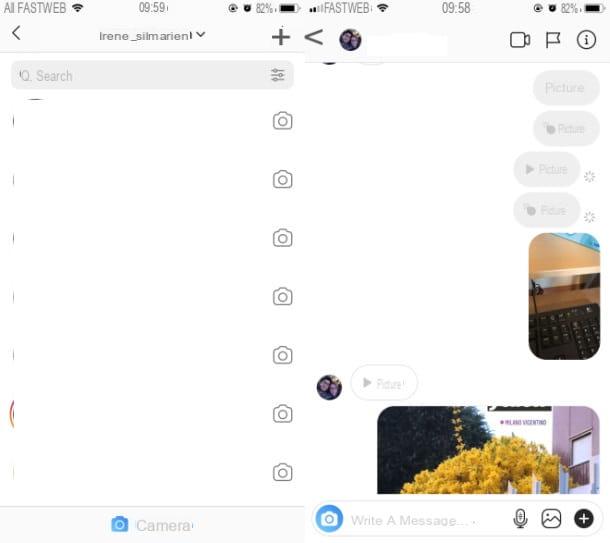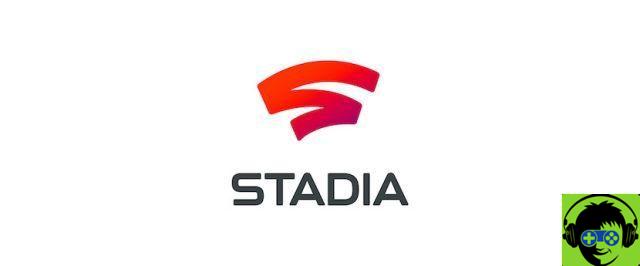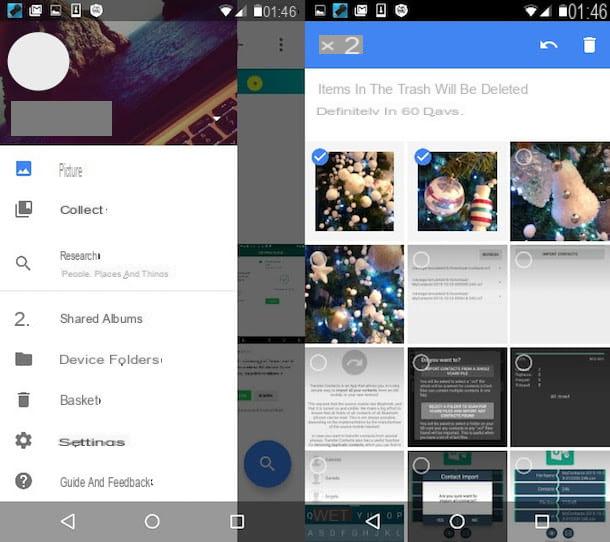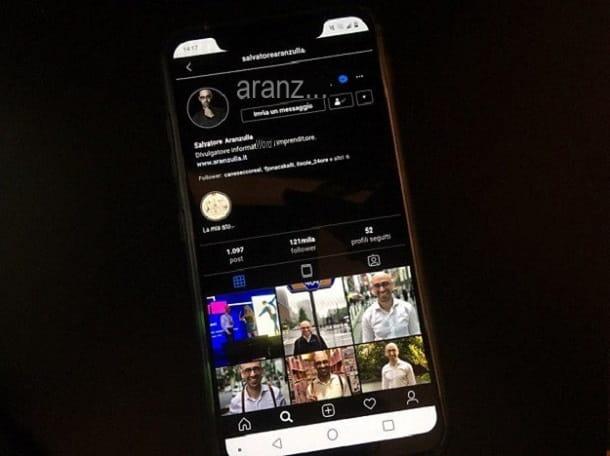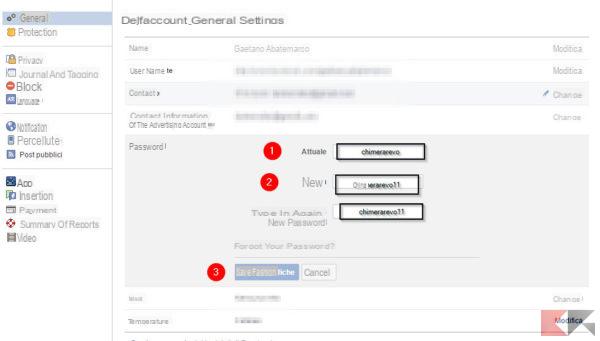It seems that much of the activity in 2021 will take place in the corridors of courts and public administrations, if we take into account the legislation approved by the European Union to promote competition, the proposed European law to protect creators of audiovisual content, and of the various attempts to put limits on big tech companies or, at least, to make them pay taxes on their profits in every country.
Furthermore, every company (especially Facebook, Google and Apple-Amazon for the moment, as a key player in this pandemic appears to be exempt from oversight) has its own challenges in its business model.
In this article we will deal with Facebook, which has a really tense 2021 ahead of it with practically lost battles that could leave it in a very delicate situation: divided and with a dramatic loss of income.
Let's go by parts:
Facebook sued by the FTC and 48 US Attorneys General, claiming it operates as an illegal monopoly.
Outside the United States, the "48 attorneys general" may be surprising, but each state that makes up the United States has its own. If we consider that the United States is made up of 50 states, we can see that there is an extraordinary unanimity in Facebook's behavior, which is unusual in a world where lobbies and favors seem to have the ability to bend the thresholds of what is permissible. ..
Not that the Federal Trade Commission (FTC) and prosecutors joined in the same lawsuit. Everyone has their own, which only accentuates the evidence of Facebook's behavior.
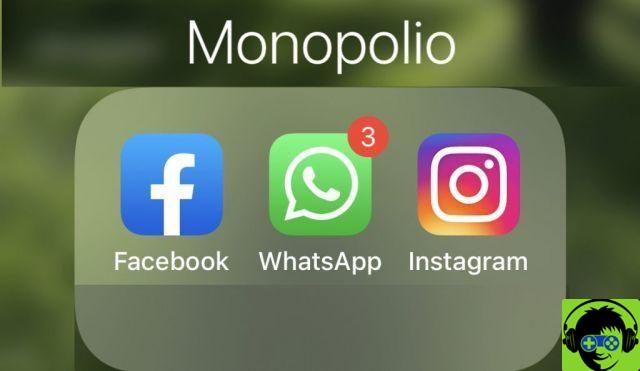
What are they accusing Facebook of?
The group of 48 attorneys general (representing 46 states, the District of Columbia and Guam) filed an antitrust lawsuit against Facebook claiming it is violating antitrust law by buying from competitors to operate as an illegal monopoly. The attorneys general who did not join the cause are those of Alabama, Georgia, South Carolina and South Dakota.
Facebook is also accused of depriving consumers of alternatives that may be more respectful of their privacy.
For its part, the US FTC filed its own lawsuit for alleged antitrust violations.
Underlying the allegations are claims that the purchases of Instagram in 2012 for $ 1 billion and WhatsApp in 2014 for $ 19 billion, as well as other smaller tech companies, were made to eliminate the competence.
In its lawsuit, the FTC is demanding that Facebook be forced to sell both Instagram and WhatsApp.
"No business should have as much power over our personal information and social interactions without being audited, which is why we are taking this action today and representing the millions of consumers and millions of small businesses who have been affected by Facebook's illegal behavior. New York Attorney General Letitia James said.
More than 2,6 billion people use a Facebook app every month (Facebook, Messenger, Instagram and WhatsApp).
States argue that the company's maneuvers in the past are legally problematic because they have increased Facebook's user base so significantly that the company now has anti-competitive dominance in the e-commerce market.
Furthermore, Facebook, according to the plaintiffs, has blocked other companies it considers competitors from accessing its data and systems.
States are asking the court to find that Facebook has violated antitrust law by buying WhatsApp and Instagram and to ban it from buying multiple companies worth more than 10 million without first informing the states, until this lawsuit is resolved.
"In its efforts to maintain market control on social networks, Facebook used a 'sell or die' strategy to prevent services that competed with Ella from thriving," says Letitia James. to industry: don't mess with Facebook food. Or as one industry executive put it, "You will face Mark's wrath," referring to CEO Mark Zuckerberg.
Facebook general counsel Jennifer Newstead dismissed the lawsuits as "revisionist history." In a statement, he said the purchase of Instagram and WhatsApp had been approved by federal lawmakers at the time.
For its part, Facebook claims that at the time they legally authorized these purchases.
According to legal experts, this case could become a point of reference against one of the most powerful companies in the world.





